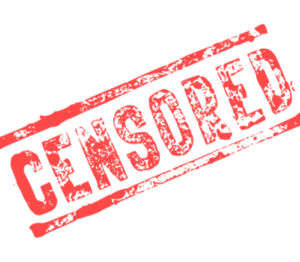The period for this pledge has ended, and I have made the donations as promised. The album is still available.
This is off-topic from writing and more personal, but it’s a chance for you to support two worthwhile charities, so I hope no one will mind.
I currently have three albums up on Bandcamp. I don’t claim to be a musician of any distinction; they’re there for my friends, with payment optional. One of them is on the theme of The Magic Battery, so there’s a tenuous connection to my writing.
For the month of September, the net payments I get from Bandcamp for the latest album, Spontaneous Order, will go to Doctors without Borders. In addition, I’ve just announced that I’ll match whatever net payments I get during September 16-30 from any of my albums with a donation to Martha’s Vineyard Community Services, to a cap of $250. Martha’s Vineyard is currently burdened with immigrants that Ron DeSantis dumped there with no warning, and MV Community Services seems to be the best-placed organization to deal with them.
You can download the albums for free or pay as little as one dollar. Even if you don’t like the music, you’ll have done some good.

